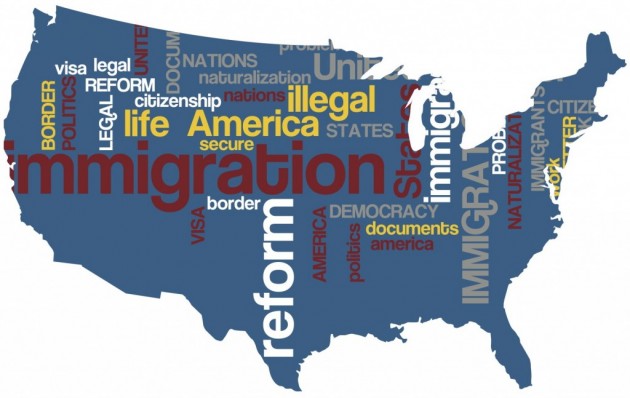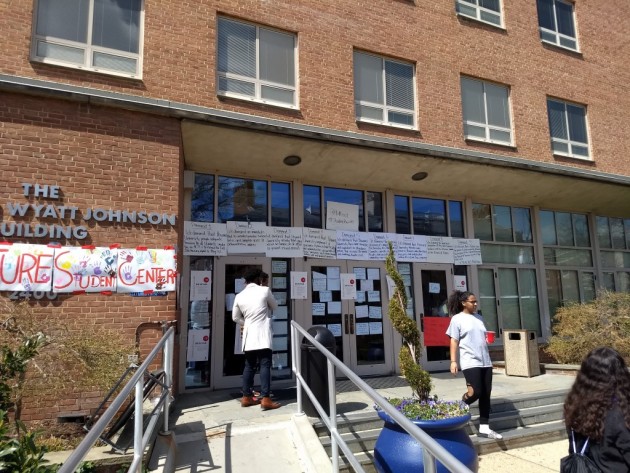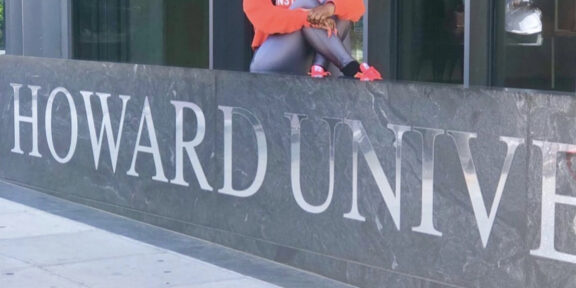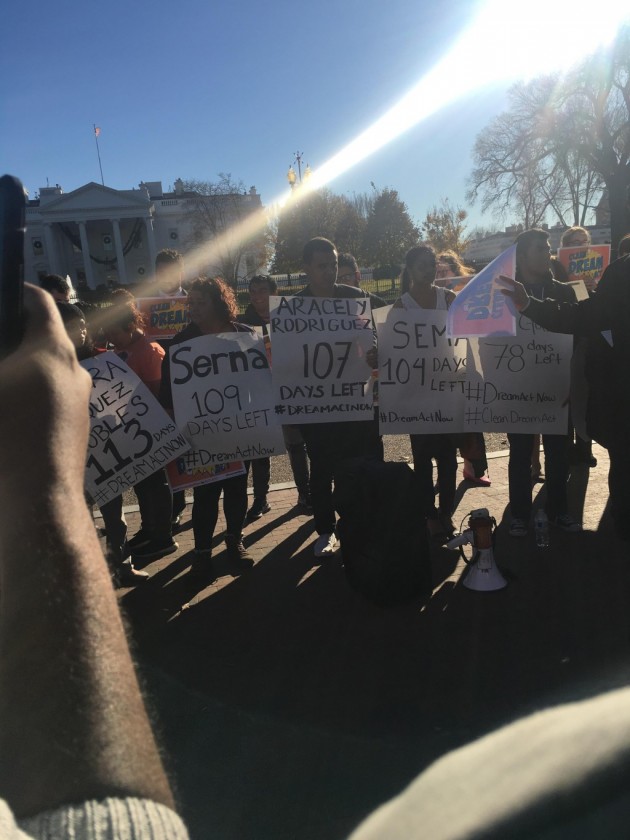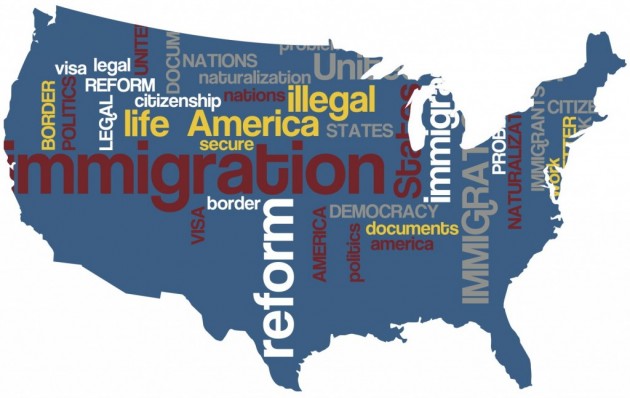The People Behind the Immigration Debate

Immigration has been driving a national conversation that, in part, propelled President Donald Trump to the White House and has pitted many of the nation’s cities against the Trump administration’s policies, in particular, increased efforts to deport illegal immigrants already in the United States and the attempt to ban immigrants from seven majority Muslim countries. This is one in a series that tells the stories of three immigrants, one from Asia, another from South America and another from Africa.
WASHINGTON – Wale, 59, a successful Nigerian-American businessman, knew from his early days growing up in Benin City, Nigeria, that America might one day be part of his future.
“I’m the oldest of six, so I wanted to become the bread winner of my family,” Wale said. “My father told me at a young age that I would have to establish myself and grow our family name as the oldest son.”
Wale ultimately decided a bachelor’s degree in the United States would give him the jump start he needed. So, he began making plans to possibly move to America in the future. He did in 1979 at age 22.

Today, Wale is a successful businessman who owns apartment buildings and homes in two states and Nigeria.
Wale said that although his immigration status is legal asked that his last name to avoid publicity.
Currently, he is the only member of his immediate family living in America.
Wale was born in Benin City and moved when he was 10 with his family to a smaller town in Ondo State in West Nigeria. Wale and his parents are Yoruba. He said his parents moved the family to Ondo, because they felt it was important for their children to grow up in their hometown.
After earning an associate’s degree in banking, from the University of Lagos, Wale applied for a student visa to attend college in the U.S. Visa in hand, he moved to Providence, Rhode Island, where he attended the University of Rhode Island, a move he hoped would change his life forever.
While attending school, Wale said, he worked various blue-collar jobs to support himself, including janitorial work at Brown University.
He said he was prepared for the challenges of college, but not the racism he would encounter.
“I was attacked in 1979 in my first three months of living in the United States,” Wale said. “I still have the scar on my head from that day on Atwells Avenue.”
Wale said he was leaving class and walking to work when a group of Italian men attacked him from behind. He said he didn’t know them, but they made racial remarks and told him to never show his face on their street again.
“(They) busted a bottle on my head,” he said. “That’s why I never liked that place.”
Wale said he was later told that Atwells Avenue was notorious for racism at the time. But nobody warned him until after his attack. Other Nigerian people living in Rhode Island knew not to walk on that street, he said, but for a new guy, it was just a shortcut to work.
Wale earned his bachelor’s degree in economics and business management from Rhode Island College in 1984. He earned a master’s degree in real estate from the University of Rhode Island in 1986. He even toyed with law school.
“I started law school in New Bedford but I didn’t like it because I would’ve had to read for all my life,” he said. “I was only there for two weeks.”
Upon graduation, Wale wanted to use his background in banking. He had experience in banking in Nigeria. He felt prepared to enter the industry in the United States after earning his degree.
But his white counterparts didn’t see him fit to be a manager at Citizens Bank in Rhode Island, Wale said. They thought he’d make a better cashier.

“I was supposed to be trained as a manager at Citizens Banks, but they wanted me to be a cashier,” he said. “That’s something I did when I was fresh out of high school. I thought it was a joke.”
Wale said his white colleagues were offered the managerial positions, even though they had the same qualifications.
“As a minority, they gave us front desk jobs, but others were given higher positions, “he said.” I didn’t get mad. I just quit and started my own real estate business.”
He said he believes this discrimination later worked to his advantage.
Wale said he saved enough money to purchase his first house in 1983, just four years after entering the country, a three-family apartment home, he said. He got married in 1985. He is now the father of four American-born children, two sons and two daughters.
He became a U.S. citizen in 1988. Using his real estatement acumen, he purchased several rental homes across Rhode Island, West Virginia and Nigeria. He primarily purchases multiple family homes and rents them out to various tenants, he said.
“My goal is to serve humanity,” he said. “I want to have enough resources to be financially viable to serve humanity, especially in Africa.
“My proudest accomplishment was getting involved in real estate, that’s how I was able to grow internationally. Now I’m getting involved in other industries like palm oil and fishing,” he said.
Wale said that what sets him apart from other Americans is his drive and desire to create his own path to success. He said he believes too many Americans fall into the American system of working for an employer.
“If I stayed at that bank, I would never be where I am today,” he said. “Too many Americans fall into the American system and choose to stay poor. If you choose to work for someone for the rest of your life, you’re choosing to be poor.”

